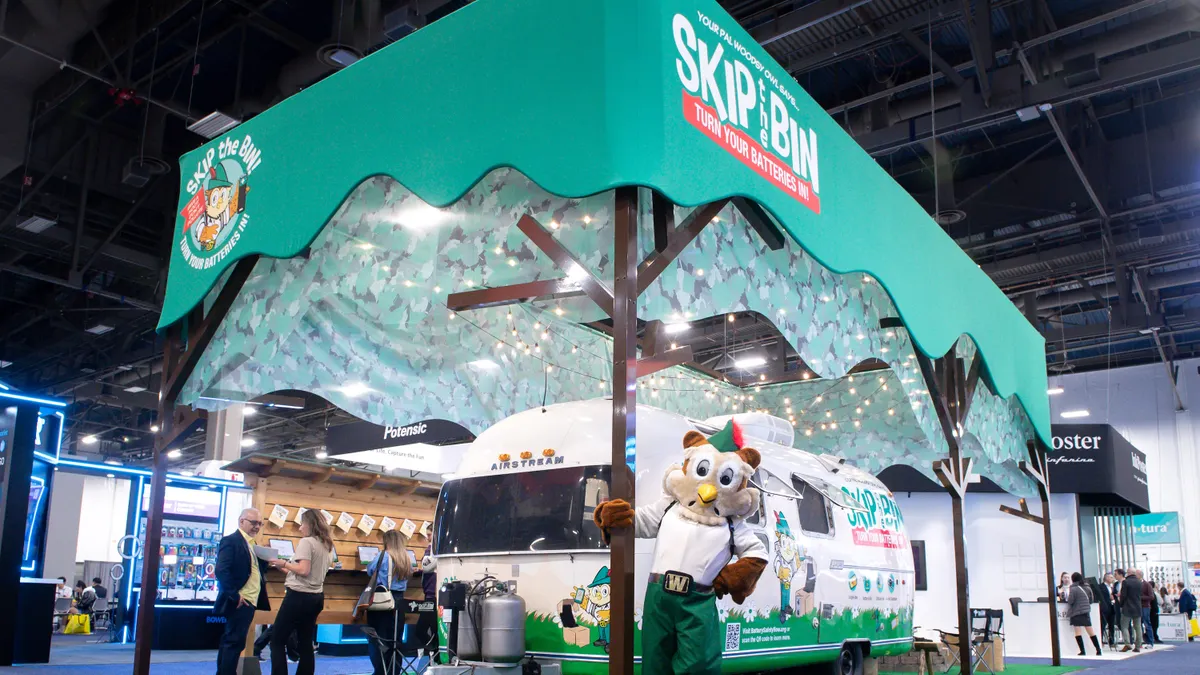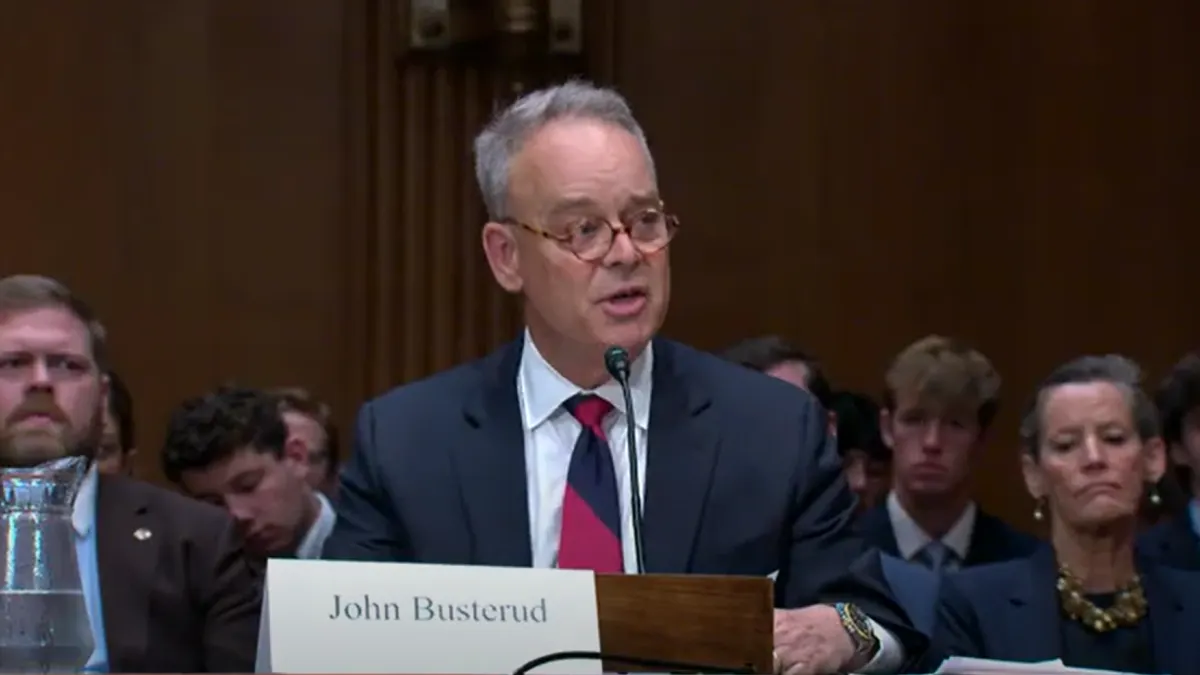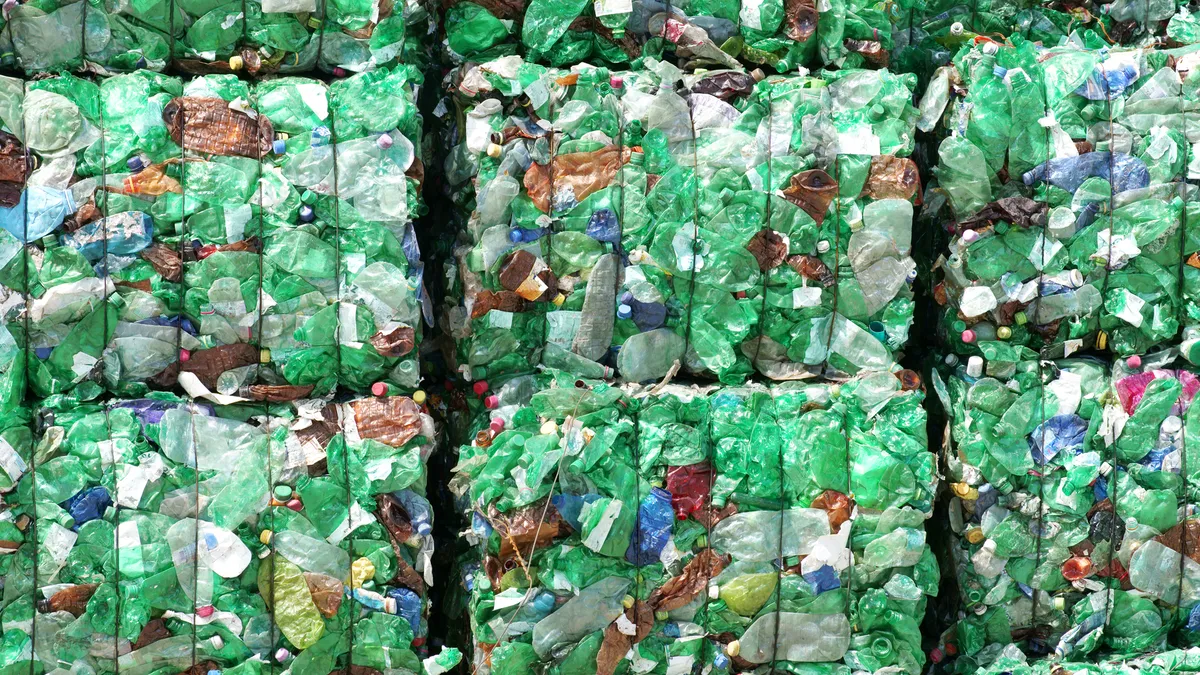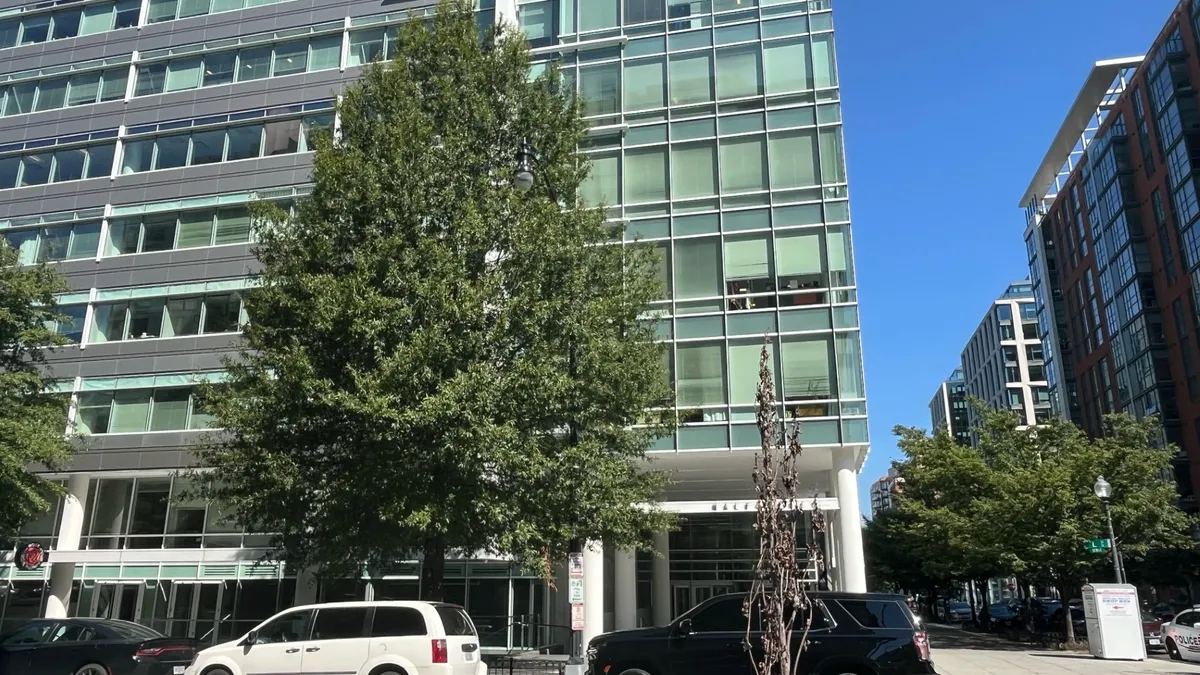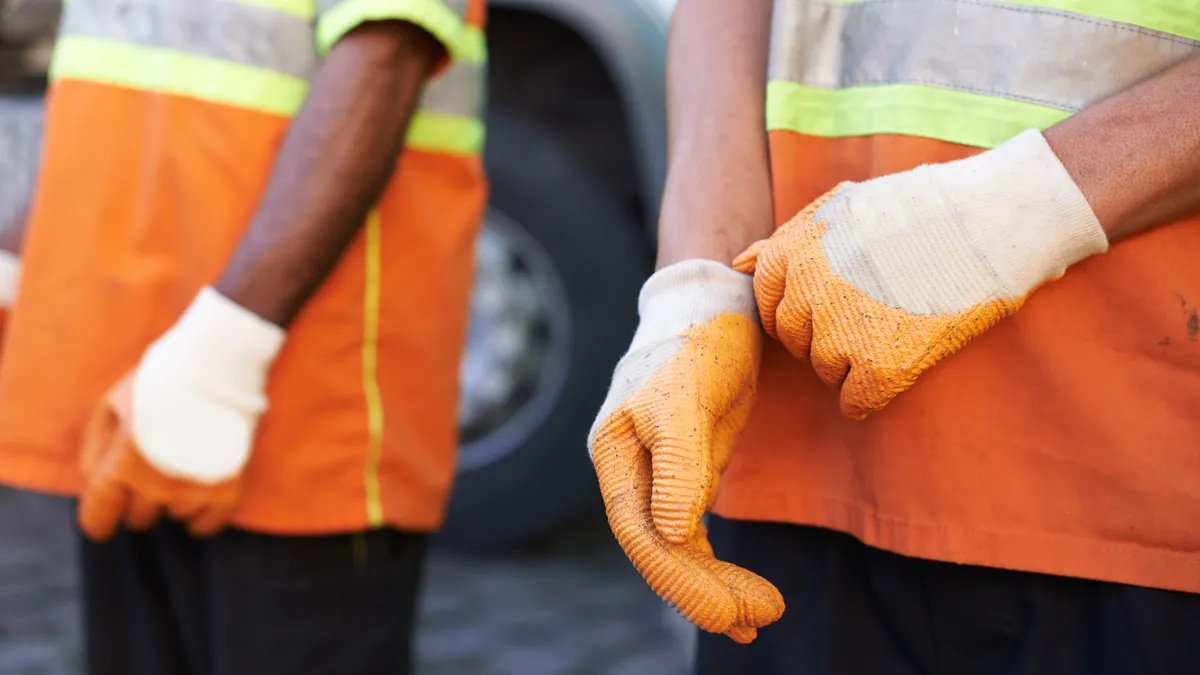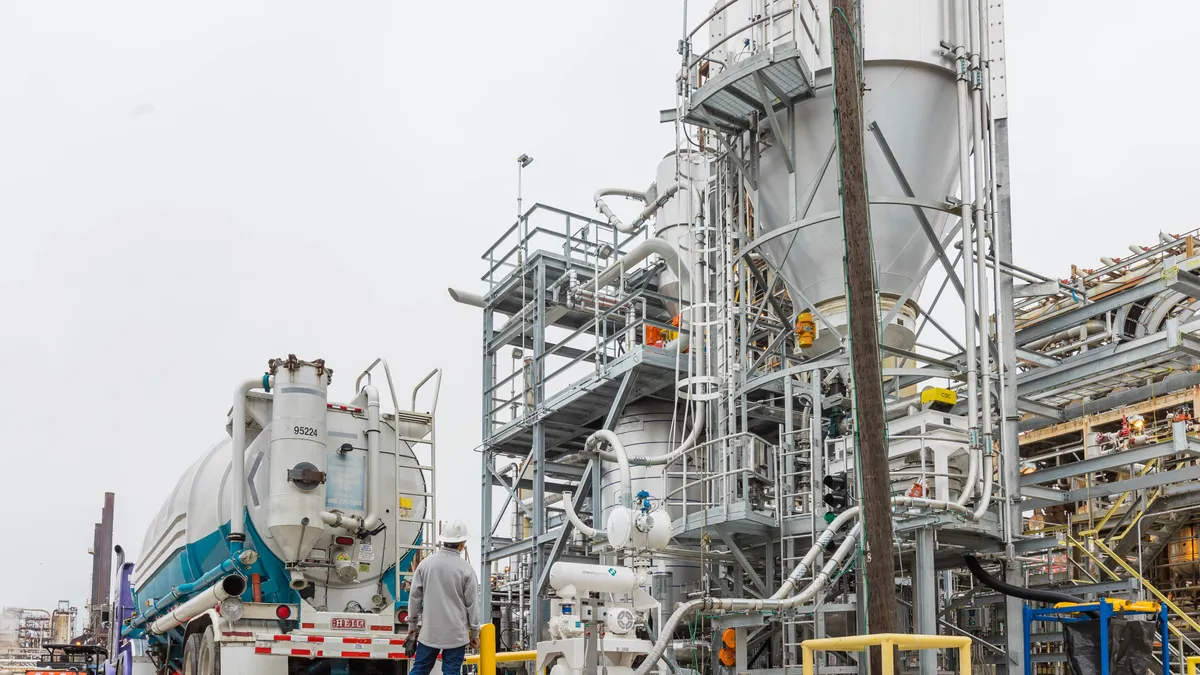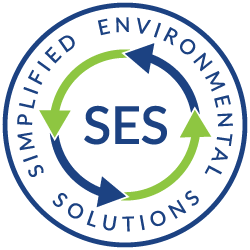When Karl Wald sees dumpsters piled high with paper that would ordinarily head for landfills, he salvages the waste, mixing it with elephant dung fiber to make exotic gifts that he sells to boutiques and craft stores.
Wald's Millsburg, PA-based business, Mr. Ellie Pooh, has one specific focus: recycling.
The process is a little more involved than simply mixing trash and poo, says Wald, who sells journals, notepads, business cards, and other paper products. He explains that elephants have short digestive tracts and are inefficient at digesting fiber, so they excrete it as raw cellulose. His Sri Lankan employees sun-dry the excrement, collect only the fiber left, wash it, and boil it to sanitize it in a giant pressure pot.
They're left with a raw wood product that is colored with natural vegetable dye, screened pressed, and hung to dry — eventually becoming paper.
"Elephants are a natural paper pulping machine. And that's part of our sales pitch — it says we are recycling," he said, adding that consumers like the way the paper tears and absorbs ink. It absorbs more effectively than paper that is milled from a machine or mass produced using a lot of chemicals that break down the raw materials.
About 30% to 40% of Mr. Ellie Pooh's paper products are from elephant dung with the remainder being from post-consumer resources, such as toothpaste packaging and printer waste paper.
The company’s signature is embellishments from paper pulp — raised animals that are pasted on journals and other unique products.
Though Wald's company is Pennsylvania-based, 95% of his merchandise sells on the West Coast.
"In [East Coast] cities like New York, you have people of lower incomes looking for more economical products, and then the high-end groups that, when you say elephant poop, they say, 'Whoa! I’m not touching that'," said Wald. "But when we do West Coast trade shows, people line up for our products."
Wald explains that many people like his products because they are recycled. "They would rather buy a journal from us than go to Wal-Mart and pay $0.99 for a book made of manufactured paper," he said.
Mr. Ellie Pooh's journals are $15 to $20, and other products are comparable in price to those at a mid- to higher-end gift shop or book store.
Animal waste being used for more than paper
Developing countries have tapped into cow dung for years, shaping it into flat rounds, sun-drying it, and using it as cooking fuel, to make fires and huts, or to make paper.
In recent years, more U.S. businesses, like Mr. Ellie Pooh, are tapping into animal dung, though primarily to make fuels and electricity. Many times, bio-waste is placed in underground containers where it decomposes and releases biogas that is collected and used for these commodities. These biogas digesters yield five times the energy than is produced burning the same volume of dung, according to Waste Recycling and Reuse, a book by Sally Morgan.
Homestead Dairy, a family-run farm in Plymouth, IN, invested in a biogas recovery system that is transforming cow dung into enough electricity to power 1,000 homes, which the local utility company pays for.
Homestead brings in extra income — and fuels their generators — by providing restaurants and food processing plants a discounted rate to dump their waste, versus a steeper landfill tipping fee.
Biogas recovery systems are leveraged to capture the odor and greenhouse gases from waste, and have been used to retrieve methane from landfills and sewage treatment plants.
There are about 8,000 dairy and hog farms like Homestead in the United States that are large enough to manage a biogas recovery system, according to Phys.org, though they report financing can be a challenge and there is a lot of maintenance involved.
Wald, like Homestead, projects a bright business future in dung recycling. He started at a farmers' market in Minneapolis selling $100 of products a weekend. The little company that was incorporated in August 2006 had sales revenue of $750,000 last year.
"We are looking for a distributor to pick us up that would allow us to grow sustainably. Chains like Whole Foods or natural grocers who go for recycled products and are willing to pay an extra 10% or 15% for items made responsibly," he said.
Saving Sri Lanka's elephants
Whether or not a distributor picks up Mr. Ellie Pooh, the company will continue to give elephant poop a good use and give worth to a population of Sri Lankan animals that are otherwise seen as a threat to crops, leading them to be shot and killed.
"It is a commodity that is freely available," states Mr. Ellie Pooh's website. The site explains that an average adult elephant produces 400 pounds of poop each day. By viewing this waste, and elephants, as an asset instead of a threat, the villagers will be less likely to kill off the animals.
"All our conservation efforts will be futile if we do not have the support of the local communities," states the website. "Ellie-Pooh Paper has an important role in the saving the population of Asian elephants in Sri Lanka."





